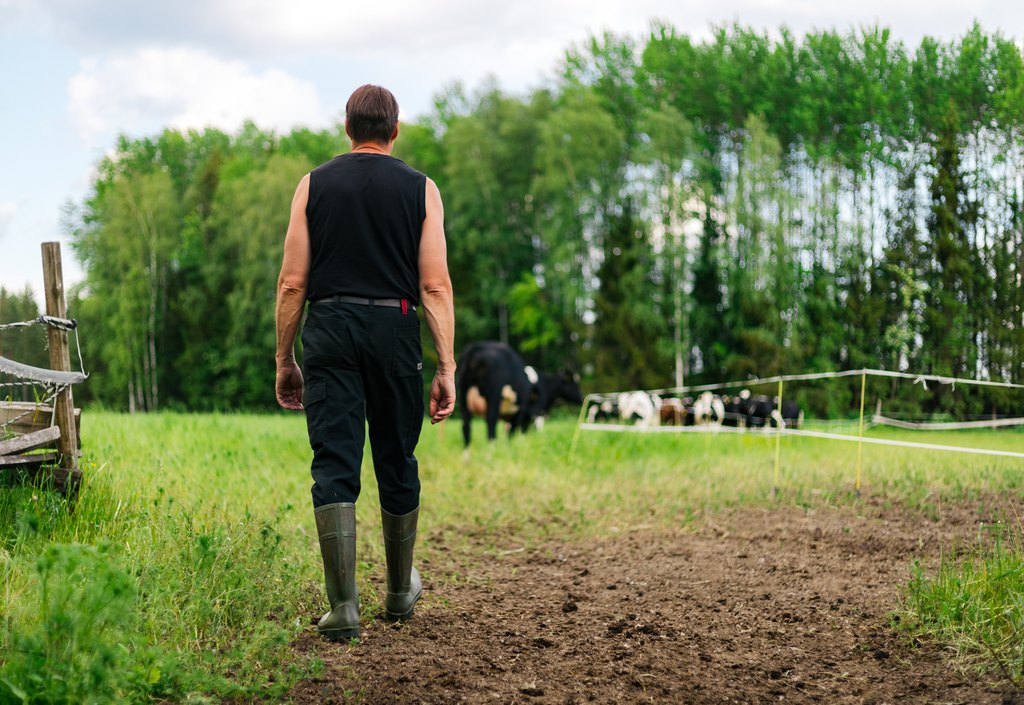Organic farming has been growing globally but is still a quite poorly understood sector of agriculture in terms of working conditions, exposures, and health outcomes.
The aim of this study was
1) to explore if organic production has a positive effect on producers’ work ability while controlling for demographic and production characteristics
2) to evaluate if the prevalence of harmful exposures is different in organic farming vs. conventional farming
3) to evaluate if organic farming is a risk factor for musculoskeletal and mental symptoms, which are the most frequent disabling conditions among Finnish farmers.
According to the results, organic production has a negative association with work ability while larger farm size, experiencing economic uncertainty rarely/never/occasionally (vs. often), age under 55 years, having occupational health care coverage, and experiencing low amounts of physical strain or mental strain had positive effects on work ability in a multivariable regression model. Exposure to poisonous and irritating substances was less frequent while exposures to vibration and mould (‘smell of root cellar’) were more frequent on organic farms. Mental and musculoskeletal symptoms were slightly more common among organic farmers, but the associations were not statistically significant in regression modelling.
Based on the study, the critical issues for future improvement involve reducing the workload, improving recovery, managing work organization and the transition (from conventional to organic) period, and establishing better follow-up of occupational wellbeing of farmers and farm workers. Overall, working conditions and challenges in organic farming need to be considered as part of the future goals of this sector.
The European Farm to Fork strategy highlights a need to increase organic farming to slow down climate change and environmental degradation. Economic resources and the well-being of farmers are critically important in achieving these goals, and also making organic production attractive for farmers and farm workers.
Funding
This study was supported by Luonnonmukaisen tuotannon edistämissäätiö (Finnish Foundation for Promoting Organic Production), Maatalouskoneiden tutkimussäätiö (Research Foundation of Agricultural Machinery), and the Central States Center for Agricultural Safety and Health, University of Nebraska Medical Center (CDC/NIOSH Award U54 OH010162). The Finnish Institute of Occupational Health provided the data for the study.
Original articles:
Tiina E.A. Mattila, Risto H. Rautiainen, Maria Hirvonen, Minna Väre, Merja Perkiö-Mäkelä. 2020. Determinants of good work ability among organic and conventional farmers in Finland. Journal of Agricultural Safety and Health 26(2): 67-76. doi: 10.13031/jash.13667.
Tiina E. A. Mattila, Merja Perkiö-Mäkelä, Maria Hirvonen, Birgitta Kinnunen, Minna Väre & Risto H. Rautiainen (2021): Work exposures and mental and musculoskeletal symptoms in organic farming, Ergonomics, DOI: 10.1080/00140139.2021.1974102.
